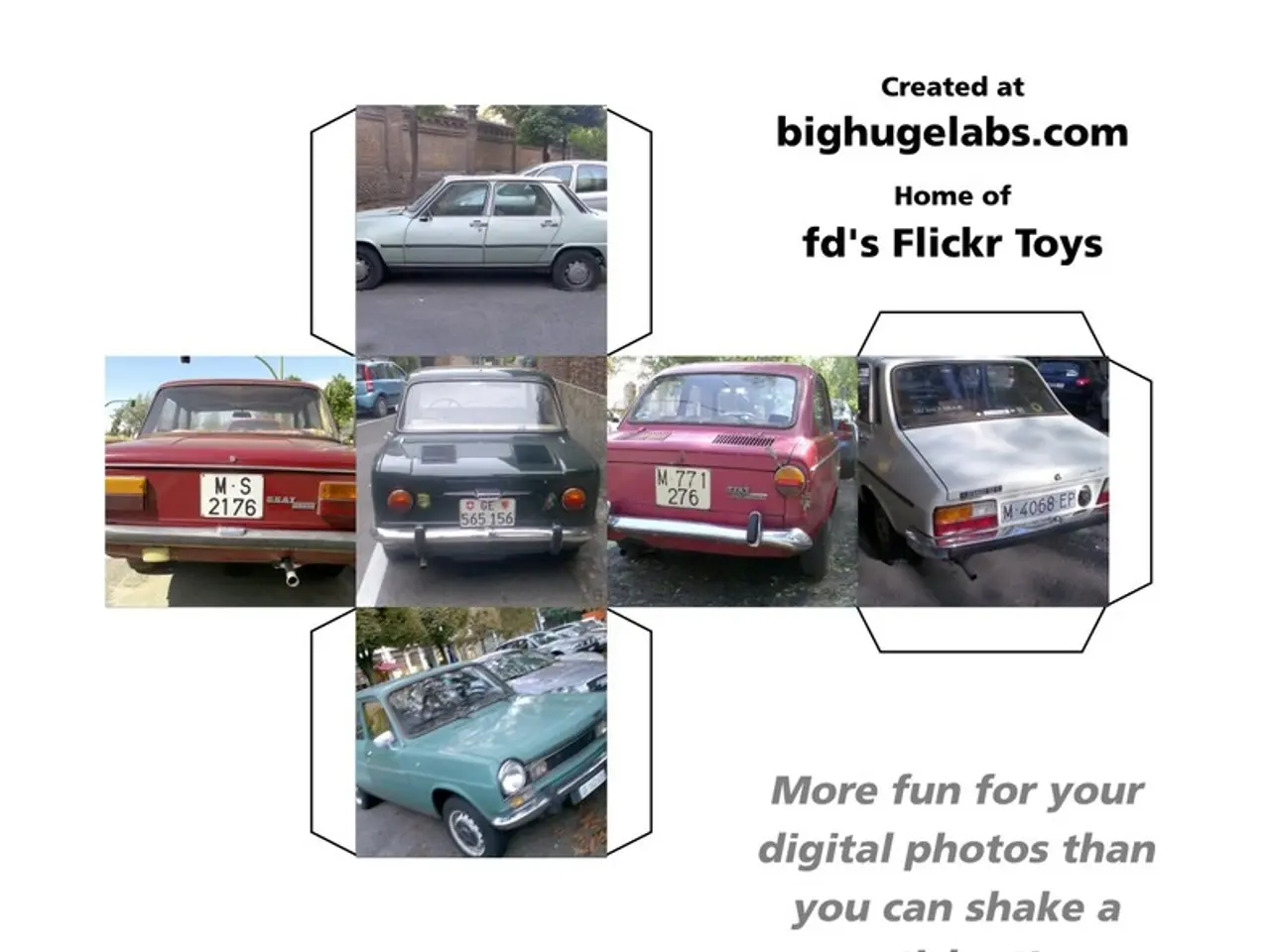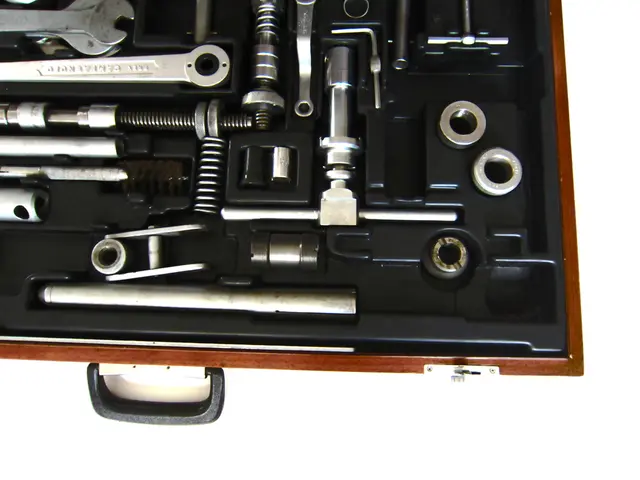Automotive sector braces for cyber threats
In a recent survey conducted by Diconium, 200 German cybersecurity experts and IT decision-makers in the vehicle industry shared their concerns and plans regarding cybersecurity. The findings reveal a sector that is acutely aware of the growing threats and is taking steps to bolster its defences.
One of the key findings is that larger companies in the sector tend to have greater trust in their protective measures, with 46.7% planning to invest in better threat detection and incident response. However, there are still significant concerns, particularly around ransomware and malware attacks, which 19% of respondents listed as a top worry. Data breaches are also a concern for 16.5% of respondents in the automotive sector.
Inadequate infrastructure is the most common obstacle to better protection against attacks, with 32% citing this as a major issue. A lack of suitable personnel is the second most common obstacle (30%), and appropriate processes are the third (24%).
Interestingly, investments in secure vehicle architectures and over-the-air (OTA) update systems are less popular, with only a small percentage of companies planning to focus on these areas. Instead, 42.7% plan to spend on AI-assisted security analytics, and 33.7% want to promote security training and awareness programs.
The survey also highlighted AI-based attack scenarios as a concern for 14.5% of respondents in the automotive sector. Another significant concern is cloud security gaps, with 19.5% of respondents citing this as a major risk.
The survey results underscore the need for continued investment in cybersecurity in the automotive sector. The British automaker Jaguar Land Rover (JLR) experienced a cyberattack that caused a global IT outage, disrupting production and sales, serving as a stark reminder of the potential consequences of a successful attack.
However, not all news is grim. German car companies like ZF are investing in advanced safety technologies, including AI-supported security analytics and enhanced incident detection, to improve vehicle protection and autonomous driving capabilities.
The survey results indicate that the majority of German companies in the automotive sector (75%) rate the threat of cyberattacks as "high" or "very high". As the sector continues to evolve and rely more heavily on technology, it is essential that cybersecurity remains a top priority.








